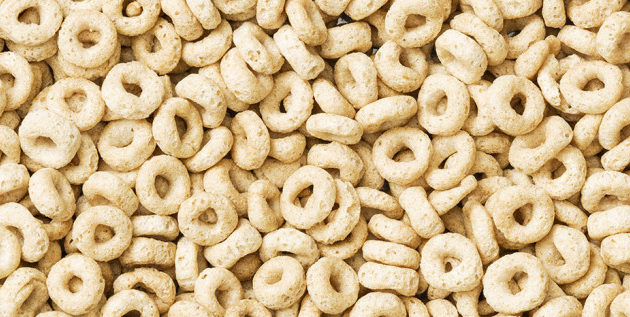How Moms Both Challenge and Confirm Standard Economic Theory Or, the “Principles of Momonomics” by Sarah Skwire
Last winter, I was getting ready to put insulating plastic on all of my windows to keep the cold out. I quizzed my Facebook friends to see if they could use the economic way of thinking to predict which room’s windows I would insulate first. They had some good suggestions. Maybe the coldest room? Maybe the kitchen, because it gets the most use? Maybe the room with the largest windows?
They were all wrong, and they were wrong because I don’t really do economics. I do momonomics. Momonomics is the particular kind of economic thinking engaged in by parents. (All parents use momonomics, even dads. I just think momonomics sounds better than parentonomics.) If you practice momonomics, you know that the windows that get covered in plastic first are the ones in the kids’ rooms, because you can do that in the half an hour the kids are spending watching Phineas and Ferb and then get the rest done while they’re in bed and not in the way. Also, the children are tiny and cold, and you feel sorry for them.
The factor, in other words, that makes momonomics different from other economic ways of thinking is that children are the primary binding constraint. Here’s an example of what I mean.
Economics says that all goods have substitutes, but momonomics knows this is nonsense. Momonomics says that sometimes you’re going to have to turn the car around and drive two hours back to the hotel where you stayed last night in order to rescue one very special doll from the hotel laundry. (Thanks, btw, Mom and Dad. I still have her.) Economics says that ablanket may have a substitute, but momonomics says that the blanket does not. Sometimes demand curves are vertical, and price is infinite.
Economics takes preferences as given and explains why actors behave the way they do. Momonomics knows that preferences are mysterious and behavior cannot be explained, especially when the actor is under three feet tall. In fact, the job of the momonomist is often to restructure given preference sets and to alter behavior. We want you to eat your vegetables first, even if they don’t taste as good as tater tots.
Sometimes momonomics helps to reveal hidden economic secrets. We all know economics values efficiency. So some people might think that because the gas station is between the office and the day care, you should stop for gas on the way to pick the kids up. Momonomics knows this doesn’t make sense if the kids go out of their minds if they aren’t picked up at their usual time, and they really like to help put gas in the car. So momonomics schedules that trip in a way that makes momonomic sense and that, once the constraints are fully understood, makes better economic sense as well.
Economics thinks expressed preferences are important, but often mysterious. People want strawberry Pop-Tarts after natural disasters because they do. It’s not particularly important why. Momonomics can help unpack those preferences, reminding us that strawberry Pop-Tarts are a kid-friendly food that provide a burst of energy and a comforting familiarity; also, they don’t require any cooking, and they don’t make a mess.
Just as frequently as momonomics challenges economic theory, momonomics helps to confirm the practical applicability of economic thinking.
Economics reminds us that we live in an environment of scarcity. Momonomics agrees and says that because your sister finished the cinnamon Life cereal, you have to have peanut butter Cheerios for breakfast.
Economics reminds us that, just like every other resource, time is subject to scarcity constraints. Momonomics agrees, and wouldn’t sell you the hours between kid bedtime and grown-up bedtime for a gold nugget.
Economics knows that because time is a resource, sometimes the order in which you use other resources matters. Momonomics agrees. That’s why we’re having salad for dinner tonight, and frozen peas at the end of the week. And take a banana for a snack while you’re at it — they’re starting to get brown.
Economics knows that capital is heterogeneous. So does momonomics. That’s why if you don’t take the banana today, there will be banana bread tomorrow.
And when it comes time to slice up and share that banana bread, momonomics agrees with economics. You cut it up, but your brother gets to pick his slice first. (Momonomics comports to some degree with Rawlsian political philosophy). And don’t forget to wrap the leftovers in foil.
There’s a more serious point behind all this silliness. People who don’t know any technical economics use economic and momonomic ways of thinking every day to make decisions, both large and small. Lenore Skenazy is doing an excellent job of demonstrating the good things that can happen when moms start thinking about risk and uncertainty the way that economists do. And economists in classrooms everywhere are using momonomics examples to clarify arcane principles and connect economics to their students’ lives.
We would all make better decisions if moms thought more about economics and economists thought more about moms.
Sarah Skwire is a senior fellow at Liberty Fund, Inc. She is a poet and author of the writing textbook Writing with a Thesis.




Leave a Reply
Want to join the discussion?Feel free to contribute!